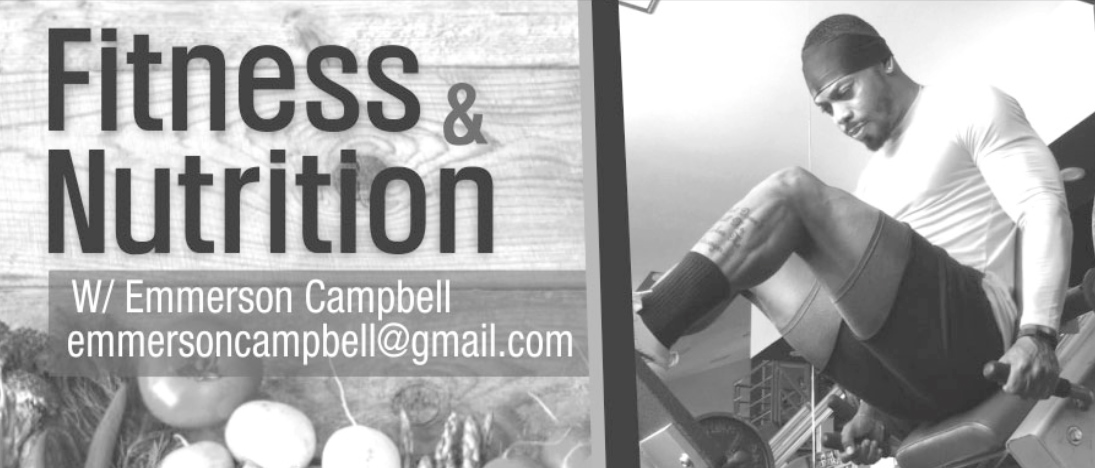A question I get asked quite a lot is what kind of foods should be eaten before and after training.
There is no one answer to this question, but it is not complicated. It all depends on your intention for weight training. Are you bulking up or are you trying to get lean? Someone who wants to only build mass, will have different nutritional requirements than the latter.
Pre workout essentials
The general rule is that you want to eat a meal that is high in carbs and protein, but low in fat, about three hours before you exercise. This actually covers both the building of muscle mass and getting lean. Carbs supply the body with glycogen. If you skimp on this, your muscles will generally not perform as well.
When you are trying to shed body fat, it’s counterproductive to eat a high-carb meal before the gym. Complex carbs on the other hand (think starchy veggies, sweet potato etc) will provide your fuel, fibre and an array of nutrients. There is no reason to fuel with refined carbs, as they increase, rather than suppress appetite.
Fats
Fats slow your digestion down, which is why they are not supported during the pre-workout stage. We need to eat carbs and protein in order to supply the much-needed glycogen to your muscles in order to fuel them for the breakdown and rebuild phase.
Post workout
It’s much more convenient for us regular working humans to drink a protein shake following a workout, but you can allow up to two hours to refuel. There is no need to consume a huge range of protein straight out of the gym. A faster digesting protein like whey is sufficient until you become hungry again. You can only really synthesise so much protein. The recommended amount is about 1 – 1.2 grammes per kg of body weight. This is just the recommended dose but give or take a few grammes more may help you a lot with intense training.
It’s a good idea to consume protein before and after training. But it all depends on your intensity of training. Those athletes who vigorously workout for three to five hours a day, will need a lot more than those who can only spare an hour in the gym. Use your bodies’ signals as a gauge for when to fuel up, and when it’s time to stop.

